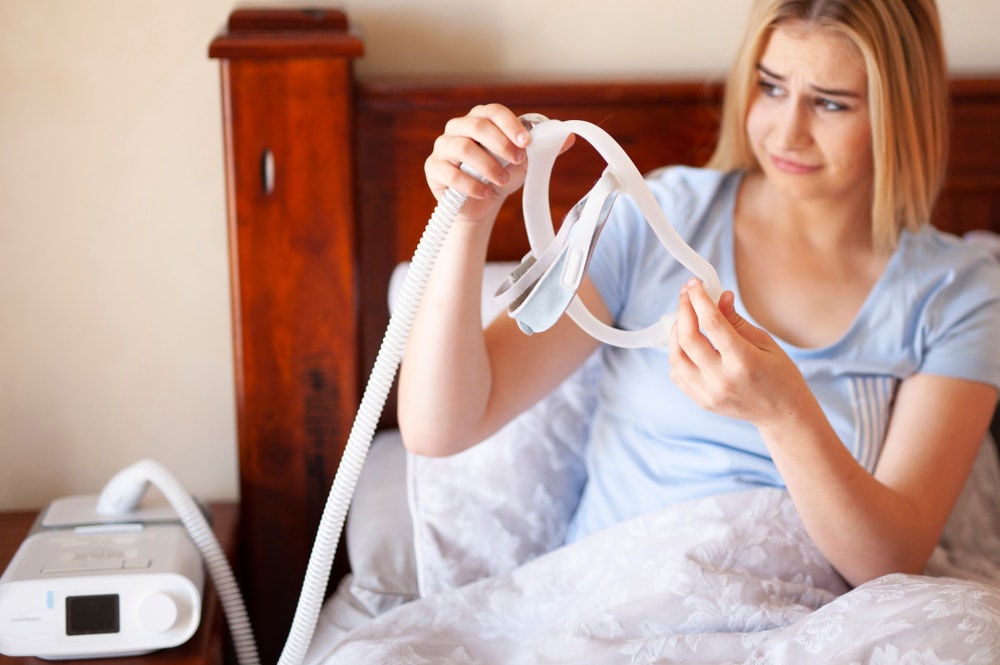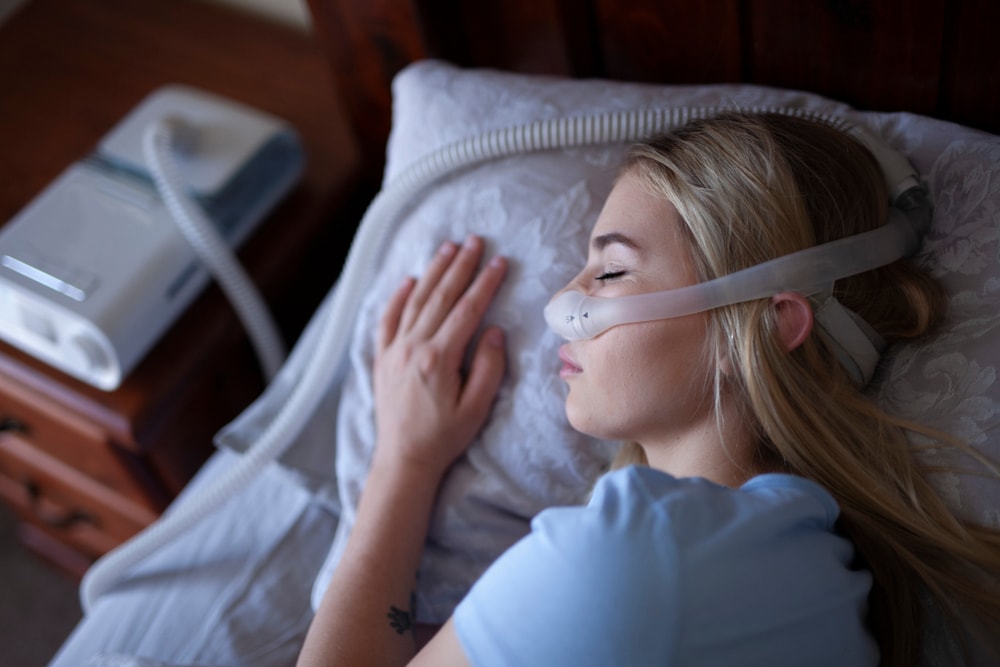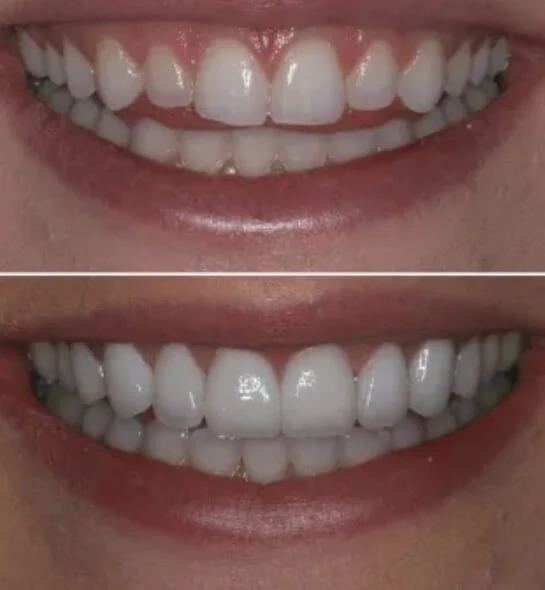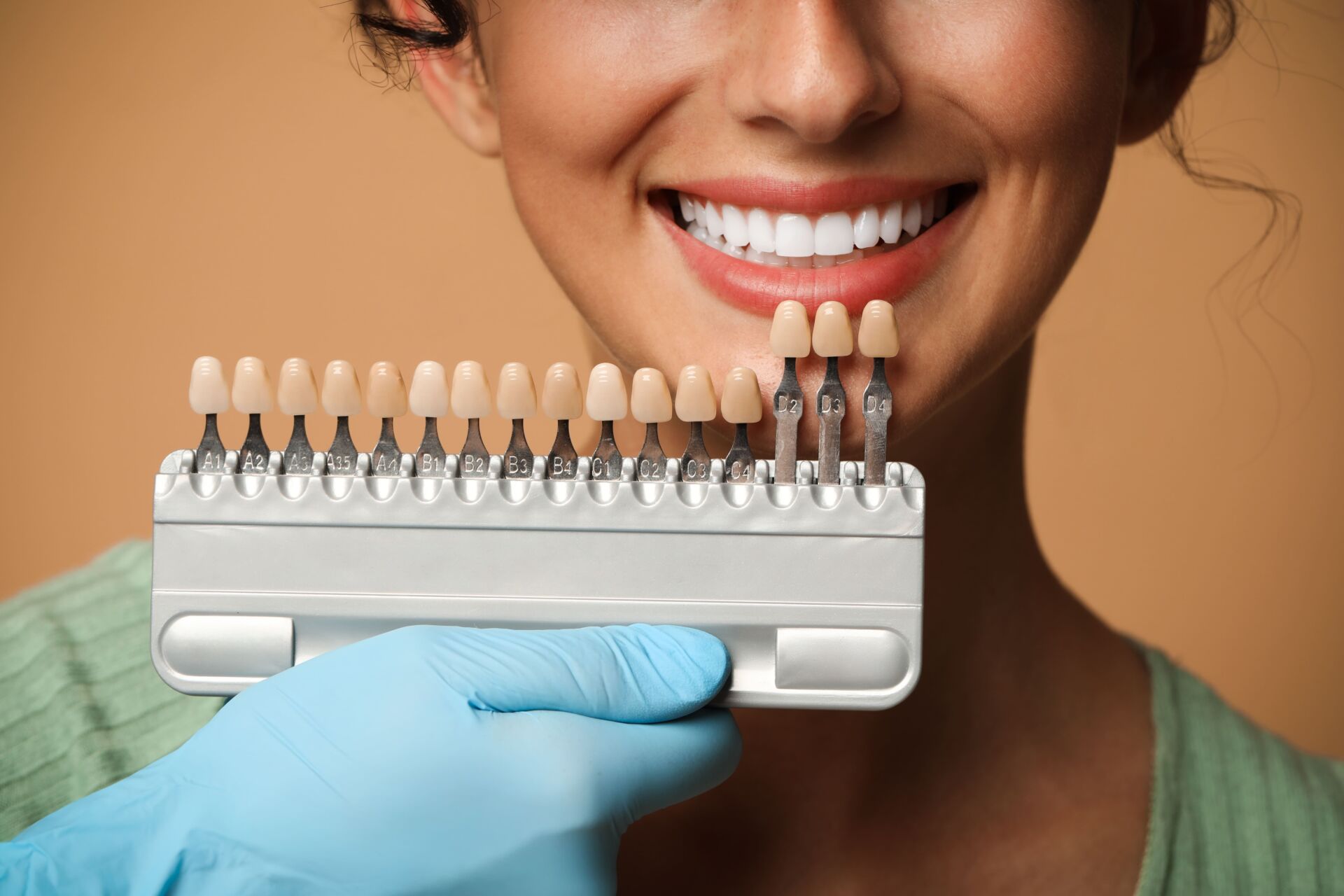Have you tried CPAP therapy to address your sleep apnea only to give up on it when the mask makes it too uncomfortable for you to sleep anyway? You’re not alone. Many people abandon their CPAP devices for a variety of reasons.
If your CPAP hasn’t worked out, you don’t have to forego sleep apnea treatment entirely. Nor should you. Failing to treat your sleep apnea can result in severe consequences for your health.
Patients looking for an alternative to CPAP should schedule a consultation at our office to discuss options.

Common Concerns About CPAP
When we see patients who are looking for alternatives to CPAP, we often hear very similar complaints. Indeed, the CPAP mask and the compressor that creates the airway pressure can be problematic in different ways. CPAP devices (though considered the “gold standard” for sleep apnea) can be:
- Uncomfortable
- Inconvenient
- Anxiety-inducing
- Irritating to skin
Ultimately, many patients find that they sleep just as poorly while using the CPAP as they did before they got treatment at all. Unfortunately, a significant number of these patients will discontinue CPAP use, which is cause for concern itself.
Consequences of CPAP Non-compliance
If you don’t use your CPAP and don’t replace it with another effective treatment, you will continue to suffer from the effects of sleep apnea, which include:
- Disrupted sleep
- Low energy
- Increased risk of health problems like obesity, heart disease, and stroke
- Mood changes
- Difficulty paying attention
The health risks of sleep apnea, in particular, cannot be overstated. This condition appears to have a relationship with a wide range of health issues, some of which can even result in a shortened lifespan. Therefore, if CPAP isn’t working for you, it’s essential to find an intervention that does.
Oral Appliance Therapy: An Effective Alternative to CPAP
So, what does work instead of a CPAP? Many patients respond well to oral appliance therapy, which requires them to wear a comfortable mouthguard that fits entirely within the mouth. The oral appliance is custom-designed to meet the patient’s unique specifications.
This approach removes the many barriers associated with CPAP devices. As such, patients are more inclined to comply with the recommended treatment regimen, and it works. Although CPAP is highly effective at treating sleep apnea, it only works when patients use it.
How Oral Appliance Therapy can Restore Restful Sleep
Several different interventions can be used to treat sleep apnea, including oral appliance therapy. This innovative approach uses a device that looks and feels similar to an athletic mouthguard to prevent airway obstructions that cause the patient to stop breathing.
Essentially, an oral appliance for sleep apnea will keep your jaw or tongue forward while you sleep, which in turn keeps any excess soft tissue at the back of your throat away from your airway opening. Under the right circumstances, oral appliance therapy can be highly effective.




